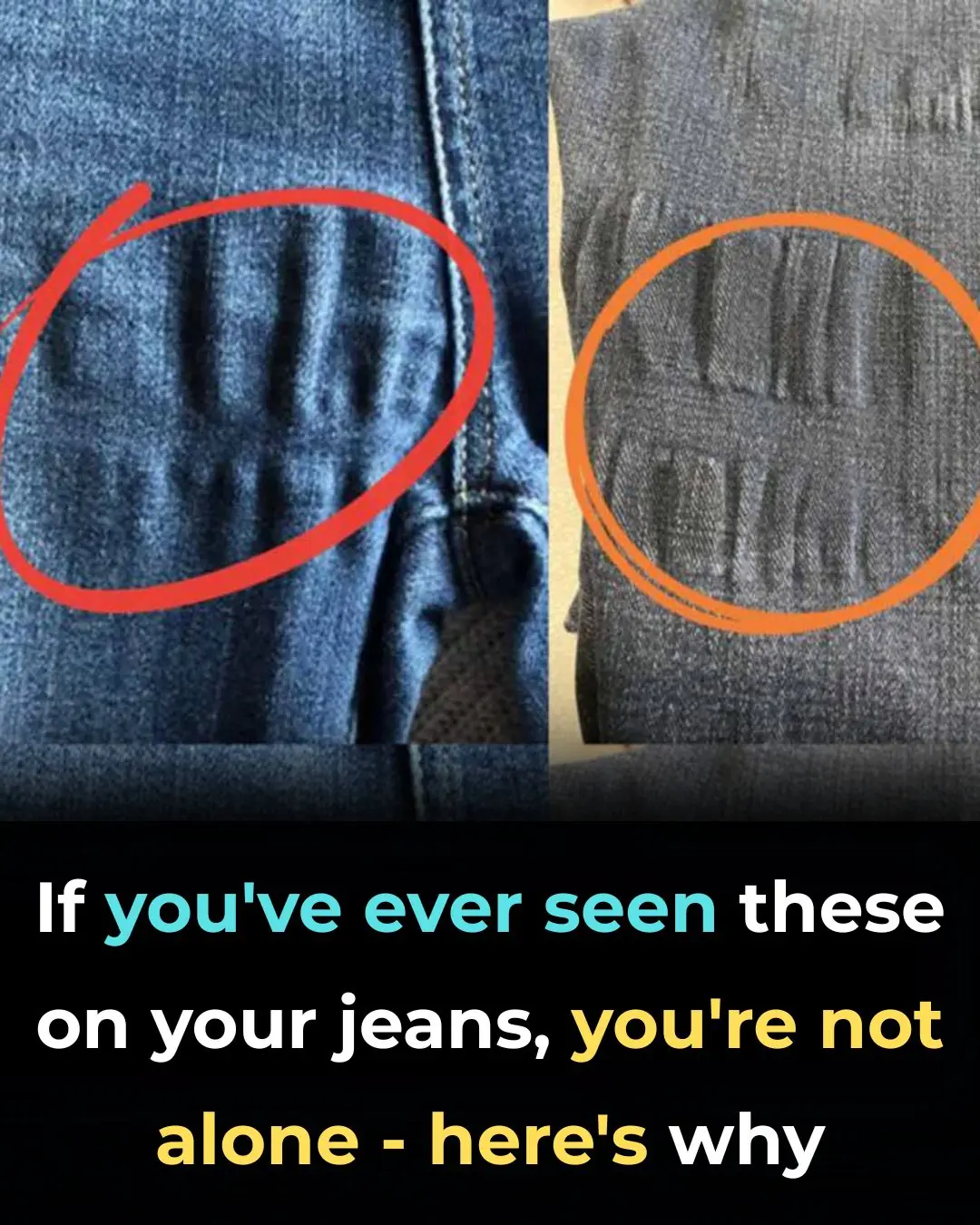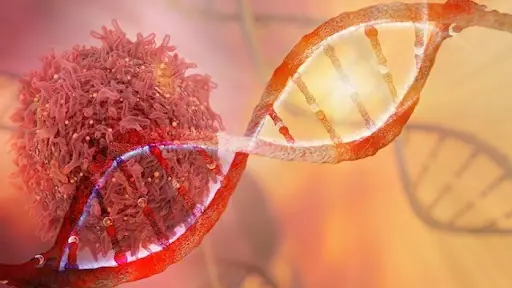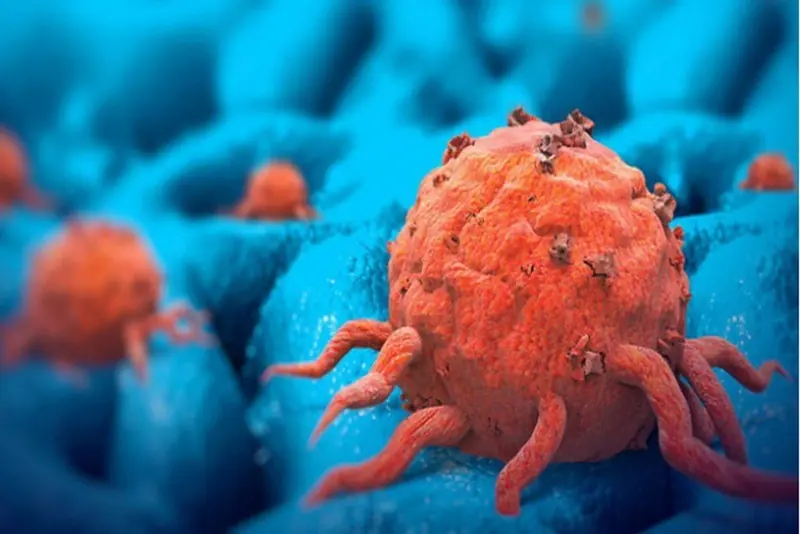
Horrifying simulation details exactly how cancer develops in the body

While medical science continues to make extraordinary strides, there remains one persistent and devastating challenge: cancer. Despite decades of research and countless treatment developments, there is still no definitive cure for the disease, which continues to claim an estimated 10 million lives globally every year.
Researchers and medical professionals around the world are tirelessly working to better understand how cancer operates and whether a universal cure could eventually be found. However, a new and unsettling simulation offers a stark visual of how cancer develops within the human body—underscoring just how complex and invasive the disease truly is.
Statistically, approximately 4 in 10 Americans will be diagnosed with some form of cancer during their lifetime. The National Cancer Institute has projected that by the year 2025, the United States alone will see around 2,041,910 new cases of cancer. Tragically, an estimated 618,120 people are also expected to die from the disease that same year.
Cancer affects millions every year, touching nearly every family in some way. Despite occasional breakthroughs, such as using aspirin to potentially prevent the spread of cancer, or experimental treatments that have managed to shrink deadly brain tumors, a definitive cure remains out of reach. Some research has introduced innovative tools like “molecular jackhammers” that are said to destroy up to 99% of cancer cells in lab settings, yet translating these advances into widespread, reliable treatments remains a major hurdle.
One of the more revealing aspects of cancer is not necessarily how it can be treated, but how it originates and spreads. A recent simulation developed by Dr. Vinay Samuel Gaikwad provides insight into the early stages of cancer development. Narrating the animation, Dr. Gaikwad explains, “Have you ever wondered how cancer starts in the human body? Cancer can begin when normal cells undergo genetic mutations. These mutations can cause the cells to grow and divide uncontrollably. As the mutated cells multiply, they can form a mass called a tumor.”
Tumors may be classified as either benign or malignant. Benign tumors are non-cancerous and typically do not spread to surrounding tissues. Malignant tumors, however, are cancerous and can spread to other parts of the body through a process called metastasis. These aggressive growths can disrupt vital organs and become life-threatening.
The video further elaborates that while the exact causes of many genetic mutations remain unknown, several risk factors have been clearly linked to increased cancer susceptibility. These include age, family medical history, prolonged exposure to harmful chemicals, smoking, excessive alcohol consumption, obesity, and lack of physical activity. Environmental and lifestyle factors continue to play a crucial role in the development of various types of cancer.
The simulation has sparked emotional responses online, with viewers describing the visual representation as both fascinating and deeply disturbing. One commenter summed up the general sentiment with a simple reaction: “So scary.” For many, the video serves as a grim reminder of cancer’s far-reaching impact—not only on those diagnosed but also on their families, friends, and caregivers.
As society continues to confront the challenge of cancer, education and early detection remain key tools. Scientists remain hopeful that ongoing research will eventually lead to more effective therapies, and perhaps one day, a cure. Until then, increasing public awareness and understanding of how cancer functions may empower people to take preventive action and support those affected.
If you or someone you know has been impacted by cancer and would like to speak confidentially to someone, you can contact the American Cancer Society at 1-800-227-2345 or use their 24/7 live chat service, available every day of the year.
News in the same category


Terrifying Truth Behind Mysterious ‘Circle Of Bubbles’ In The Ocean Revealed

People Stunned After Learning The True Meaning Behind ‘SOS’ — It’s Not What You Think

After Spending 178 Days In Space, Astronaut Shares a ‘Lie’ He Realized After Seeing Earth

Scientists Use AI And Ancient Linen To Reveal What Jesus May Have Truly Looked Like

Earth may witness a once-in-5,000-year event on the moon and it's coming sooner than you think

AI is willing to kill humans to avoid shutdown as chilling new report identifies 'malicious' behaviour

Elon Musk slammed for posting creepy video of 'most dangerous invention to ever exist'

World’s Rarest Blood Type Discovered—Only One Woman Has It
The woman with Gwada negative blood may not be famous, but her existence has already made an indelible mark on medical science.

Columbia Student Suspended After Creating AI That Helps You Cheat Your Way to a Six-Figure Job!
Despite being out of school, he remains optimistic about the future. With growing venture capital support and rising user demand, Cluely may be on track to become a key player in the next wave of controversial tech startups.

100-foot ‘doomsday’ mega tsunami could obliterate US West Coast at any moment

How a huge ancient forest was discovered 630 feet down secret sinkhole in China

100 Million Americans at Risk from Brain-Eating Parasite, Experts Warn
By understanding this parasite, improving detection, and emphasizing prevention, we can mitigate these risks

Woman who "died for 17 minutes" shares unimaginable reality of what she saw when her heart stopped beating
Victoria’s story transcends the ordinary—she experienced clinical death, returned with clarity, and then learned of a rare genetic disease that nearly killed her again. Yet today, she thrives.

Nasa Tracks Plane-Sized Asteroid Speeding Toward Earth At 47,000 Mph

Oscar Mayer Mansion Restored To Gilded Age Glory After $1.5M Renovation

Secret CIA Documents Declare That The Ark Of The Covenant Is Real, And Its Location Is Known

The Mystery Behind The Blood Falls In Antarctica
News Post

What Causes Those Strange Ripples In Your Jeans After Washing?

‘Healthy’ 38-year-old shares the only bowel cancer symptom he noticed — And it wasn’t blood in the loo

Young Dad Misses Key Cancer Symptom That Left Him Terrified

5 Things Doctors Say You Should Never Give Your Kids to Help Prevent Cancer

Terrifying Truth Behind Mysterious ‘Circle Of Bubbles’ In The Ocean Revealed

People Stunned After Learning The True Meaning Behind ‘SOS’ — It’s Not What You Think

After Spending 178 Days In Space, Astronaut Shares a ‘Lie’ He Realized After Seeing Earth

People Shocked To Learn What The Small Metal Bump Between Scissor Handles Is Actually For

Scientists Use AI And Ancient Linen To Reveal What Jesus May Have Truly Looked Like

Earth may witness a once-in-5,000-year event on the moon and it's coming sooner than you think

AI is willing to kill humans to avoid shutdown as chilling new report identifies 'malicious' behaviour

Elon Musk slammed for posting creepy video of 'most dangerous invention to ever exist'

Indiana Boy, 8, Dies Hours After Contracting Rare Brain Infection At School

World-First Gene Therapy Restores Sight to Boy Born Blind

World’s Rarest Blood Type Discovered—Only One Woman Has It
The woman with Gwada negative blood may not be famous, but her existence has already made an indelible mark on medical science.

A Warning About The ‘Worst Thing’ That People Should Never Do When Awakening in the Night

Columbia Student Suspended After Creating AI That Helps You Cheat Your Way to a Six-Figure Job!
Despite being out of school, he remains optimistic about the future. With growing venture capital support and rising user demand, Cluely may be on track to become a key player in the next wave of controversial tech startups.

100-foot ‘doomsday’ mega tsunami could obliterate US West Coast at any moment
